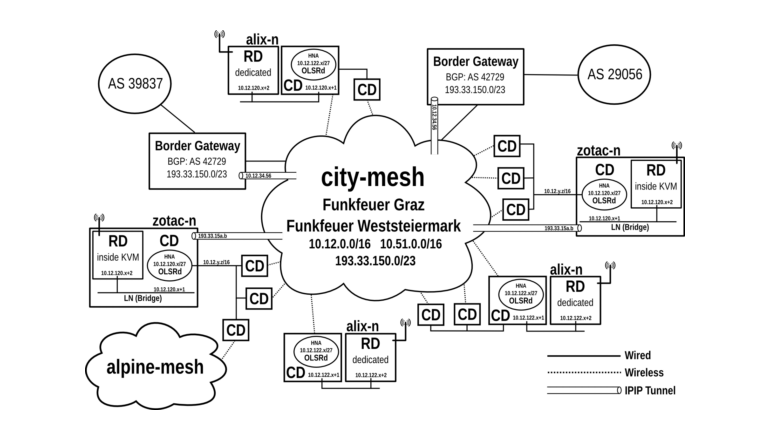
Which information is allowed to be transmitted, and where to, and which knowledge is prevalent in a society, largely depends on the design and infrastructure of the media in use. According to its technical principles, the Internet is well suited for non-hierarchical networks that cannot be dominated by central authorities. The reality, however, is somewhat different. Co-founders of the Internet, such as the inventor of the WWW, Tim Berners Lee, are warning against the increasing monopolisation through powerful corporations. Net Neutrality - the equal treatment of all data in the Internet, regardless of content and sender - is increasingly restricted because of commercial interests. In politics there are neither visions, nor specific laws, and so far, nation-states are making decisions individually. What other possibilities for the design of networks and the communication technologies that utilise them exist? Can everything be encrypted? What role does the increasingly mobile Internet use play? Can we democratically organise 21st century media?
Friday, 25 Oct
17:00 - 19:00
Forum Stadtpark
discussion
Information/Links
Moderation: Daniel Erlacher (Elevate)